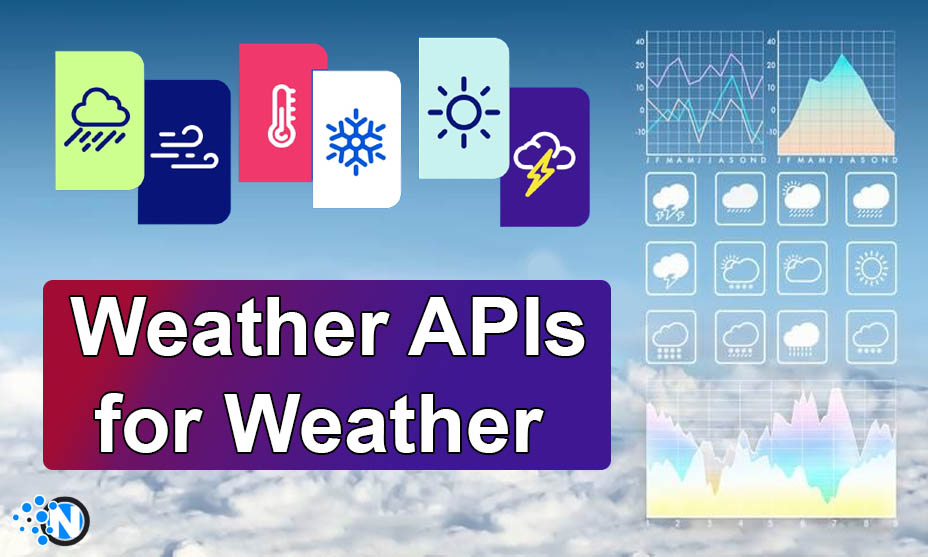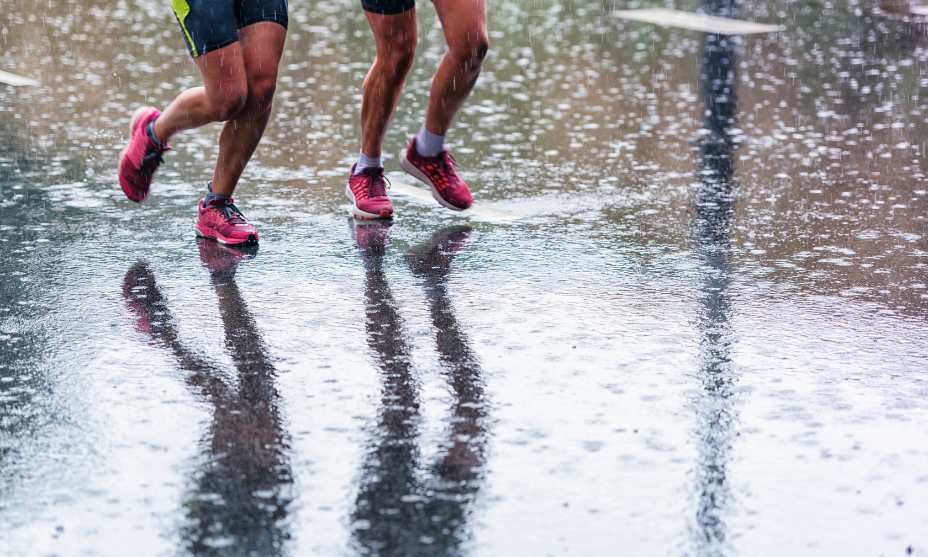Using Weather APIs for Weather-Proofing Sporting Events

The weather is a significant factor in sports events since it often plays a part in deciding the result and the overall experience for both the participants and the spectators. Rain, wind, harsh temperatures and other weather conditions may have a considerable influence not only on the performance of different sports but also on their scheduling and safety. The incorporation of Weather APIs has become an increasingly significant component in assuring the faultless execution of athletic events as a means of mitigating the effects of these issues.
What Are Weather APIs?
Weather APIs are software interfaces that offer access to weather data and information from multiple sources. These APIs let developers add real-time and forecasted weather data to apps, websites, and systems.
Weather APIs work by connecting to meteorological databases and services that collect and update weather information regularly. These databases include data such as temperature, humidity, wind speed, precipitation forecasts, UV index, and more. The API acts as a bridge between these data sources and the applications or websites that need weather information.
Weather’s Impact on Sporting Events
The prevailing weather may have a significant impact on the outcomes of sporting events. The following are some of how various aspects of the weather might influence sporting events:
Rain

Rain may provide slick playing conditions, which reduces traction for players. It can also cause athletes to slip and fall. This may lead to an increased risk of injury, especially in contact sports such as soccer, football, and baseball. In addition, an excessive amount of rain may cause fields to become saturated, which forces event organizers to either postpone or cancel events.
Wind
The trajectory of projectiles in sports like golf, archery, and even football may be affected by the strength and direction of the wind. When playing sports outdoors, the presence of wind may make it difficult to anticipate the movement of the ball or other bits of equipment, which can affect the precision and fairness of the game.
Temperature
An athlete’s performance, endurance, and general health may all be negatively impacted by temperatures that are too hot or cold. Athletes who compete in too-hot situations are more likely to have heat-related illnesses. Athletes who compete in icy settings are more likely to sustain injuries.
Lightning and Thunderstorms
Lightning poses one of the most significant safety risks during outdoor sporting events. Organizers must have protocols in place to evacuate players, officials, and fans to safe locations when thunderstorms are imminent. Thunderstorms can result in extended delays or rescheduling of events, causing logistical challenges for organizers and inconvenience for attendees.
Effects on Fan Experience
Weather conditions also impact the fan experience. Unpleasant weather can deter spectators from attending events, affecting ticket sales and the overall atmosphere of the event.
The Benefits of Weather APIs for Sporting Events
Weather APIs are a helpful option that may reduce the negative effects of unpredictability in the weather on athletic activities. The following are some of the advantages of using Weather APIs for sporting events:
- Weather APIs provide the most recent updates on the weather, including conditions, predictions, and alerts. This information is available in real time, giving organizers more flexibility in the event of schedule changes, weather, or other unforeseen circumstances.
- The well-being of competitors, officials, and spectators must always come first. Lightning, extreme heat, and heavy rain are just a few examples of weather-related dangers that may be predicted with the help of weather APIs, allowing event planners to take preventative steps.
- Thirdly, better preparation is essential for many sporting events since bad weather might ruin the schedule. Using APIs, event planners may predict bad weather and make necessary adjustments to the event’s schedule or logistics to keep things running as smoothly as possible.
- Weather APIs can enhance the experience for spectators by giving them up-to-date forecasts for upcoming events. Informed choices regarding clothing and other preparations can significantly enhance the experience for viewers.
- Efficient use of weather data can contribute to sustainability efforts. For instance, adjusting energy consumption based on weather conditions can reduce the event’s carbon footprint.
- Having access to weather forecasts allows athletes to better prepare for competition. They may optimize their performance and reduce the danger of weather-related injuries by adjusting their training and game plans accordingly.
- Lastly, saving money by not having to cancel or reschedule an event at the last minute because of bad weather. Weather APIs mitigate the monetary toll of natural disasters.
Examples of Successful Implementations
Several sports teams and event organizers have found success using Weather APIs. Golf events, particularly vulnerable to weather-related interruptions, sometimes depend on real-time weather data to change tee times and guarantee fair play, as just one example. Cricketing events, The Super Bowl, and the Olympics are examples of large athletic events that rely heavily on weather predictions and warnings to make critical scheduling and safety choices.
Conclusion:
Finally, weather API integration is now a game-changer in the competitive sports industry. Event organizers can use these APIs’ information to boost safety measures and the overall fan and player experience. More and more organizations are turning to Weather APIs to ensure their athletic events can go off without a hitch, no matter the weather. These APIs are now essential for event preparation. Technology should be used to operate sports events smoothly, rain or shine.
FAQs:
1. What is the main advantage of using Weather APIs for sporting events?
Weather APIs provide real-time and forecasted weather data, helping organizers make informed decisions and minimize disruptions.
2. Can Weather APIs predict extreme weather events accurately?
While Weather APIs can provide forecasts, predicting extreme events like hurricanes with absolute precision remains challenging.
3. Are there free Weather APIs available for small-scale sporting events?
Some APIs offer free tiers with limited access to weather data, making them suitable for smaller events.
4. How can fans access weather information during sporting events?
Fans can access weather updates through event-specific apps or by checking official event websites.
5. What steps can organizers take to make sporting events more sustainable from an environmental perspective?
Organizers can reduce waste, minimize energy consumption, and promote eco-friendly transportation options to make sporting events more sustainable.




